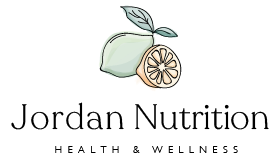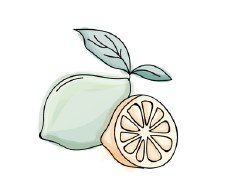Pantry Essentials After Bariatric Surgery
The first few days, weeks and months after weight loss surgery are hard. What you choose to eat during this time can make a huge difference to your recovery, weight loss success and long term health.
How will my diet have to change?
Depending on which surgery you had, you’ll be asked to follow a specific post-bariatric diet. This will consist of a clear liquid diet, usually for week 1-2, followed by a full liquid diet, a pureed diet (week 3-4), and then slowly the re-introduction of soft solids and finally solids after a few months. This time line may vary depending on your procedure so best to check with your surgeon.
Because of the reduction in stomach size, you won’t be able to eat as much, or as quickly as before. Nutrient absorption may also be impaired. For these reasons, it is important to choose foods that give you the most vitamins, minerals, and protein possible. Put your best foot forward by stocking up on these pantry essentials before your surgery. You’ll need them in the first few days, weeks and months.
Protein powder
The protein goal for most post-op patients is 60-80 g protein per day. This requirement can be met by eating high protein-based foods and/or meal replacement shakes with protein powder and milk or a milk alternative (unsweetened soy or almond). You can also try some ready to drink shakes just make sure they have 0-8 g carbohydrate and 20-30 g protein per serving. Whey protein isolate is well absorbed and has no lactose or milk sugar, whey protein concentrate contains lactose which may be poorly tolerated following surgery. You can also buy pre-made protein shakes like Premier Protein.
Fluids
Aim to consume at least 64 oz of fluid per day. Water is not the only thing you can drink! Try some of these beverages to keep yourself well hydrated.
Vitamin Water
Sobe Lifewater zero calorie
Powerade Zero
Low sodium broth
Unsweetened jello/ gelatin
Decaf coffee and tea
1% milk, lactaid, soy or almond milk
Fresh/ Refrigerated Foods (Introduce foods according to phase of diet)
Variety of fruit and vegetable purees
Unsweetened Greek yogurt
Regular low sugar yogurt (Siggi’s, Too Good)
Oatmeal (quick cook)
Soft fruit (strawberries, blueberries, raspberries, peaches, cantaloupe, avocados)
Sugar-free pudding
Cream of Wheat
Brown rice Farina
powdered peanut butter (like PB2)
Eggs
low fat cheese (ricotta)
low sodium chicken, ham, or turkey cold cuts - Three ounces of solid protein is the same as 21 g protein
Canned tuna or salmon
Canned low sodium beans
Tofu
Boneless, skin less chicken breasts
Pantry/ Canned Foods
Sugar free syrups (Da Vinci, Torani, Walden farms)
Herbs & Spices : Italian, taco, Creole seasonings. Mild curry powder, thyme, basil, rosemary, cumin, etc
Protein bars
low fat/fat free versions of dressings
Cooking sprays
Kitchen Essentials
Reusable Water bottle
Measuring tools (cups, measuring spoons)
Blender
Digital food scale


